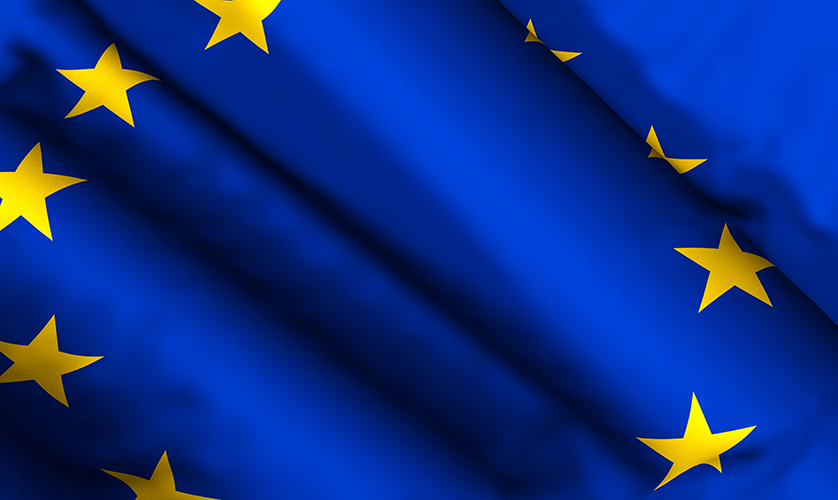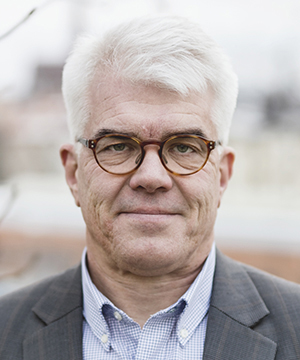New funding for Unite develops collaboration between European universities

Unite – the University Network for Innovation, Technology and Engineering – works to create the European university of the future.
The alliance has now received an additional €14.4 million from the European Commission to continue its work for up to six more years.
The Unite network started gathering momentum in 2020. In autumn 2022, the project’s seven member universities will advance from the pilot phase to general implementation. Two new members will also be joining the network – Graz University of Technology in Austria and Wrocław Tech in Poland – bringing the number of partner universities up to nine.

“The development benefits the European collaboration aspect of Unite and is a strength for KTH,” says Stefan Östlund, Vice President for Global Relations and director of KTH’s involvement in Unite.
Future plans for the network include the possibility for students to enhance their KTH degree with selected courses from other top European universities, and also for researchers and teachers to access greater support for simplifying international collaboration.
Collaborate in an uncomplicated way
The pilot project included online courses which the various partner institutions could offer each other’s students. Students can now enjoy a far wider range of courses through Unite’s growing new metacampus without having to travel or relocate.
“Students from Stockholm, for example, have been able to attend a course in energy technology at another country’s university, and KTH has opened up various courses online to the students of other universities,” says Östlund.
One of the aims of Unite is that partner universities should be able to collaborate in a simple and uncomplicated way in different research and education contexts, with businesses, cities and regions in the various countries.
Plans also include creating schools for doctoral candidates with shared publications, course programmes and supervision.
“We try to find flexible, unbureaucratic solutions between countries,” says Östlund.
What do you think is Unite’s most important achievement to date?
“The fact that the pilot project has successfully created a ‘manageable’ European organisation for shared education, in which actual implementation is sometimes digital and sometimes physical.”
What do you see as the most inspiring goals of Unite moving forward?
“To see how the various pilot projects transition into established collaborations, and also to find processes for how greater cooperation can help us benefit from shared resources.”
Text: Katarina Ahlfort
Photo: Mostphotos
